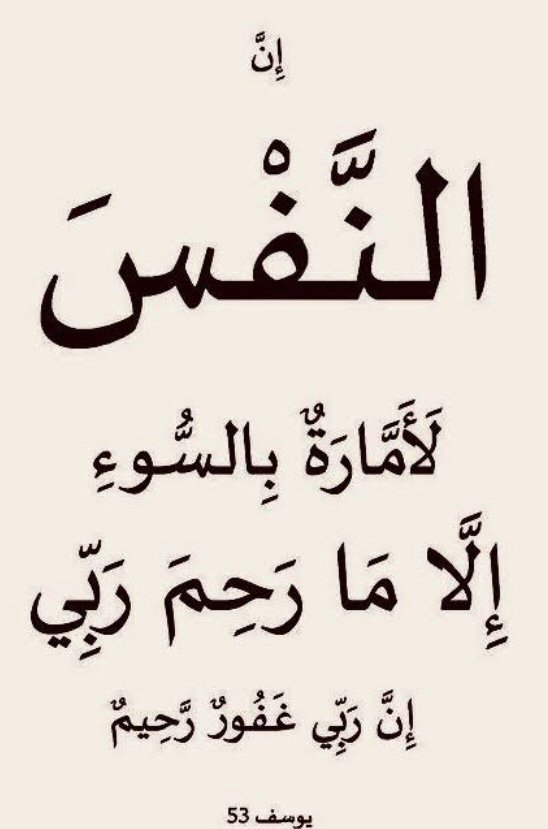Hazrat Moulana Ashraf Ali Thanwi (rahmatullahi ‘alaih) once mentioned the following:
Du‘aa is an extremely great ibaadah and is the essence of all other ibaadaat. (The reason is that du‘aa is an expression of humility, and this is what is desired in all ibaadaat). However, from all ibaadaat, it is witnessed that people show the least importance to making du‘aa.
Du‘aa is such a thing that even if it used as a means to beg Allah Ta‘ala to fulfil one’s worldly needs, then too, it is still an act of ibaadah (and one will receive reward for it) – on condition that the du‘aa is made for something permissible in Shari‘ah.
In regard to du‘aa, some people are under the impression that du‘aa is only an act of ibaadah when du‘aa is made for things relating to one’s deen or for works of deen, or when du‘aa is made for seeking success and salvation in the Hereafter. However, this notion is incorrect.
When some people write to me seeking assistance for certain needs or difficulties which they are experiencing, then instead of them requesting me to make du‘aa for their problem, they write, “Please give us some effective amal or some wazeefah to recite for this need or problem.” To such people, I write the following reply, “I do not have knowledge of any such amal which is so powerful that it will alleviate your problem or fulfil your need. However, you should know well that there is no wazeefah or amal that is as powerful and great as du‘aa (hence, you should engage in du‘aa, begging Allah Ta‘ala to remove your problem or fulfil your need).”
(Malfoozaat Hakeemul Ummat 22/230-231)
Source:Ihyaauddeen.co.za













